The CMP Review — Week of July 22
July 22, 2024
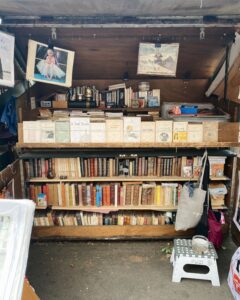
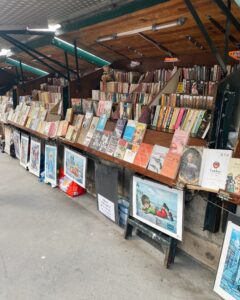
I love coming across and pursuing old book stores, and recently passed this charming little book stand. It’s like stepping back in time, perfect for all of us who cherish the magic of old books. There’s something special about discovering treasures from the past and adding them to our home library. Have you found any hidden gems lately?
@tessakeath
July 23, 2024
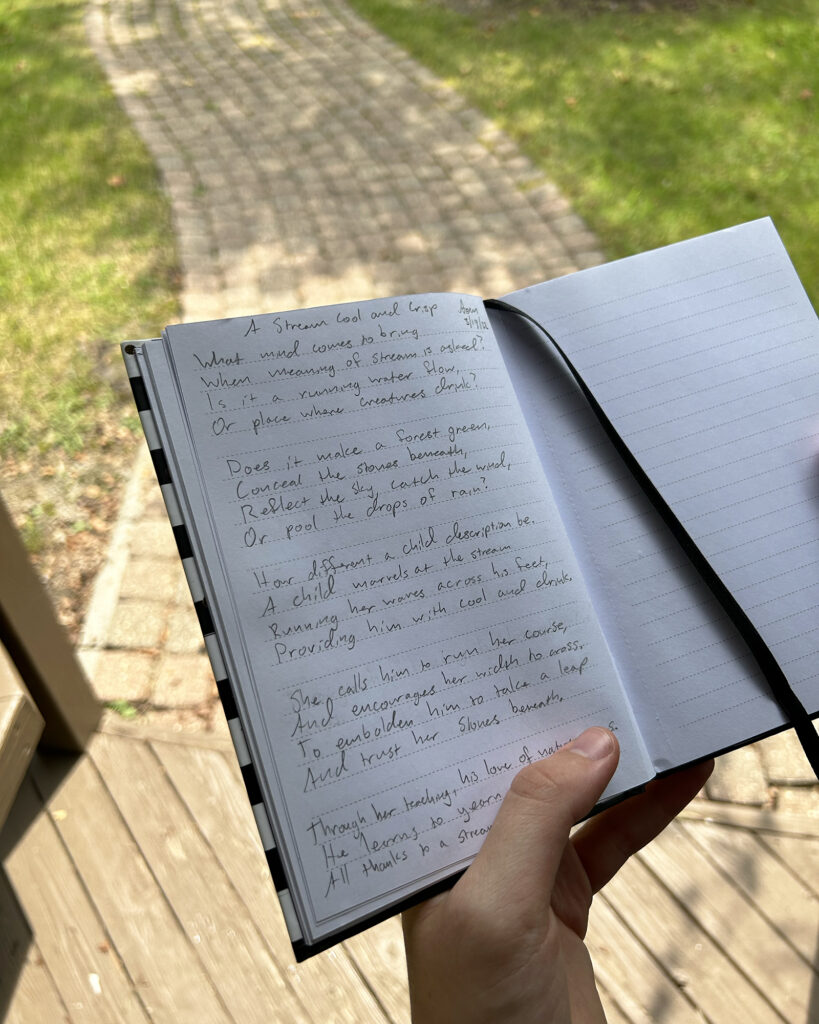
Parents and teachers who dig into Charlotte Mason’s volumes are often surprised to discover that her students were asked to write poems. In fact, student samples of original poems are included in the volume Towards a Philosophy of Education. I have seen this lead to wonderment and even incredulity as homeschool parents have insisted that they could not write poems themselves, much less ask their children to.
Was Charlotte Mason living in a different world where persons were born with different abilities? Or does the art of poetry-making still reside in us all? René du Plessis is a homeschool mother who considered that the writing of poetry was not an anachronism but was rather an activity we can all pursue today. So she began a journey, not of instruction and training, but of discovery. Hear her story here.
@artmiddlekauff
July 24, 2024

Have you ever wondered which colors were in the watercolor boxes of Charlotte Mason’s students?
Click here to find the historic color palette suggested for beginners, the names of their modern equivalents, and some basic color mixing recipes.
Are there any colors you’d add or take away?
@rbaburina
July 25, 2024
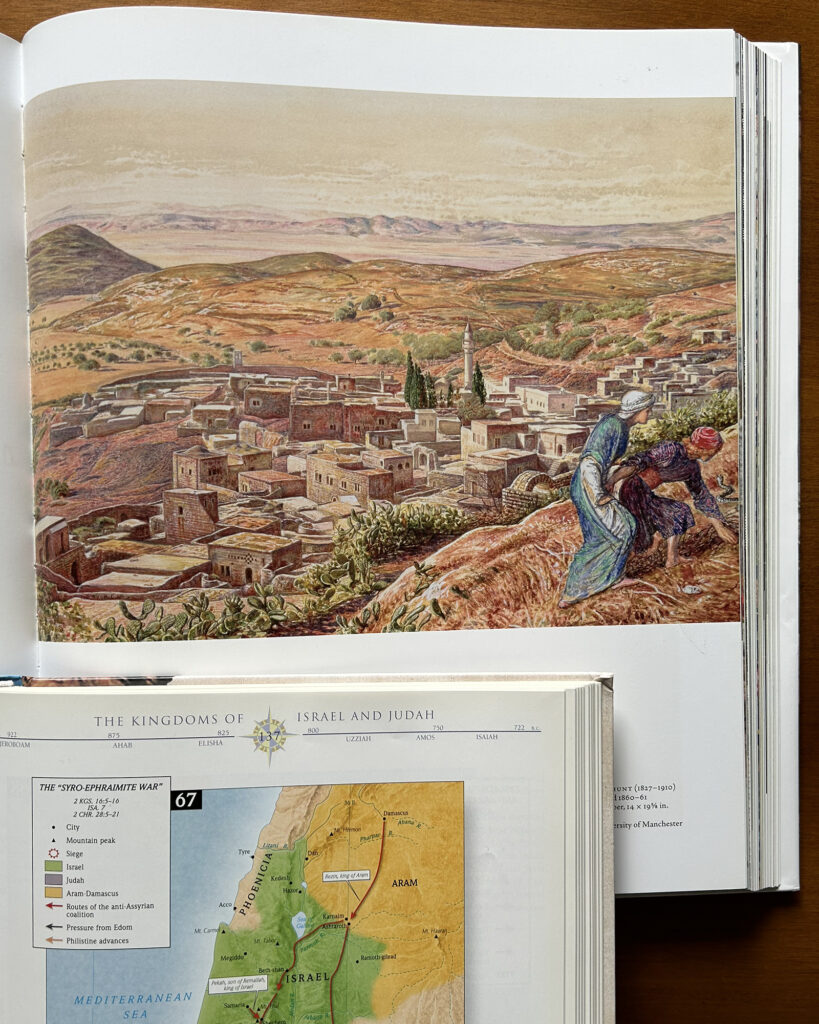
“Now that I have a map,” exclaimed my son, “I understand.” We were studying Isaiah 7, with context from 2 Kings and 2 Chronicles. The theological meaning of the prophecy fell into place when we could see the configuration of Judah, Ephraim, Aram, and Assyria. Geography opened our eyes.
Just over a century ago an Anglican priest named F. H. Bickersteth Ottley travelled on horseback from Jerusalem to Damascus. The journey was decisive for him; as he explains: “I became convinced that a knowledge of the geographical configuration of Palestine is an absolute necessity to an intelligent understanding of the stories of the Old and New Testaments.”
Rev. Ottley proceeded to tell his story of geography and the Holy Land in a lecture to the PNEU at St. Agnes School in Babbacombe. News of this lecture reached Charlotte Mason and she arranged for the text to be printed in the following issue of the Parents’ Review, in December 1918.
Ottley’s 12-page article is a fascinating blend of geography, history, travelogue, and theology. It explains why Bible lessons in our home so often feature a map. But his article does more than that. It also took my breath away when I saw that he wrote not just of the past but of the future. A blessed hope that he believed would last a thousand years.
Ottley’s lecture has been hidden away in libraries for a hundred years. Now it’s on the internet for the very first time at the here.
@artmiddlekauff
July 26, 2024
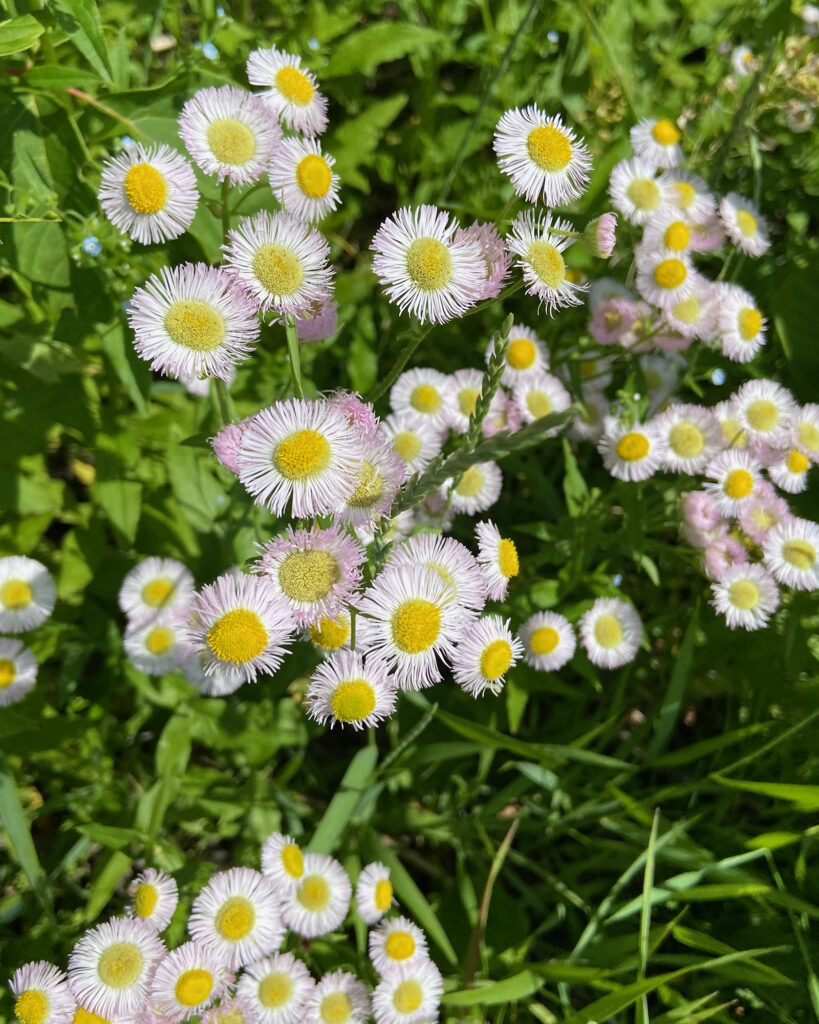
We have so much fleabane everywhere this year. I’m assuming it is because we have had such a wet late spring and early summer. I had never seen it like this before. In the ditches, along the tree lines, anywhere and everywhere it could be.
It is quite beautiful, actually! I find the colouring of the petals to be quite lovely.
@antonella.f.greco
July 27, 2024
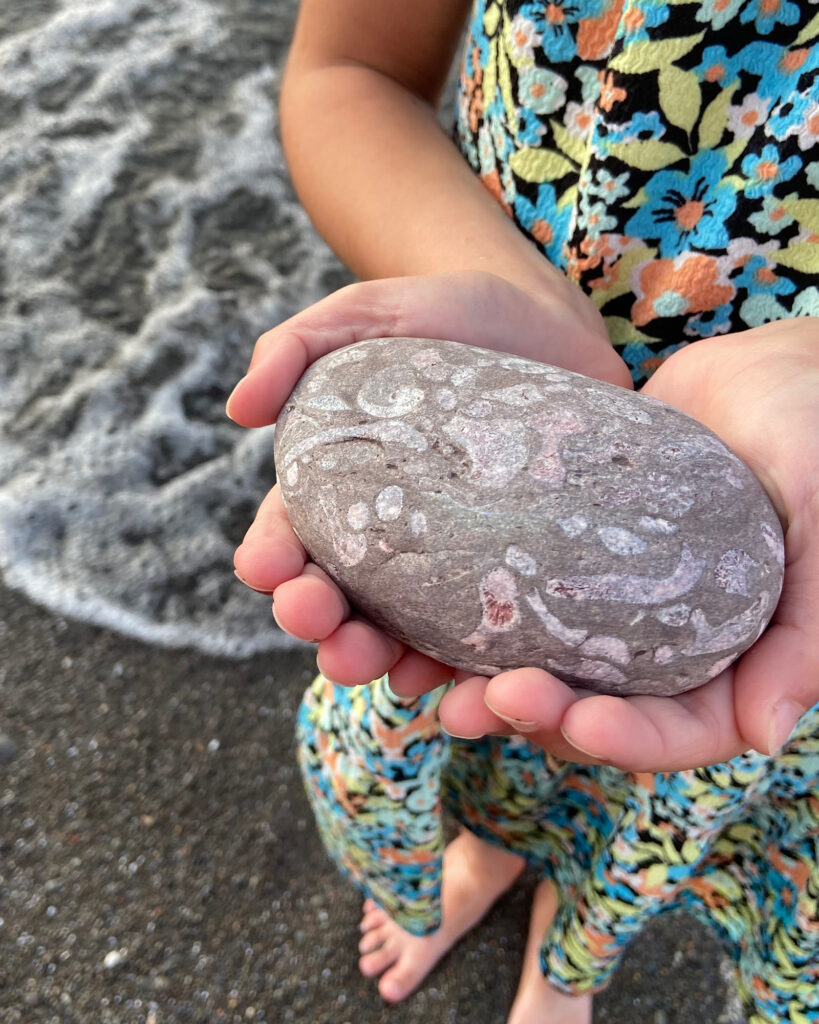
The moment when you find the perfect rock at the lake!
So many interesting things to see, if only you open your eyes.
@antonella.f.greco
July 28, 2024
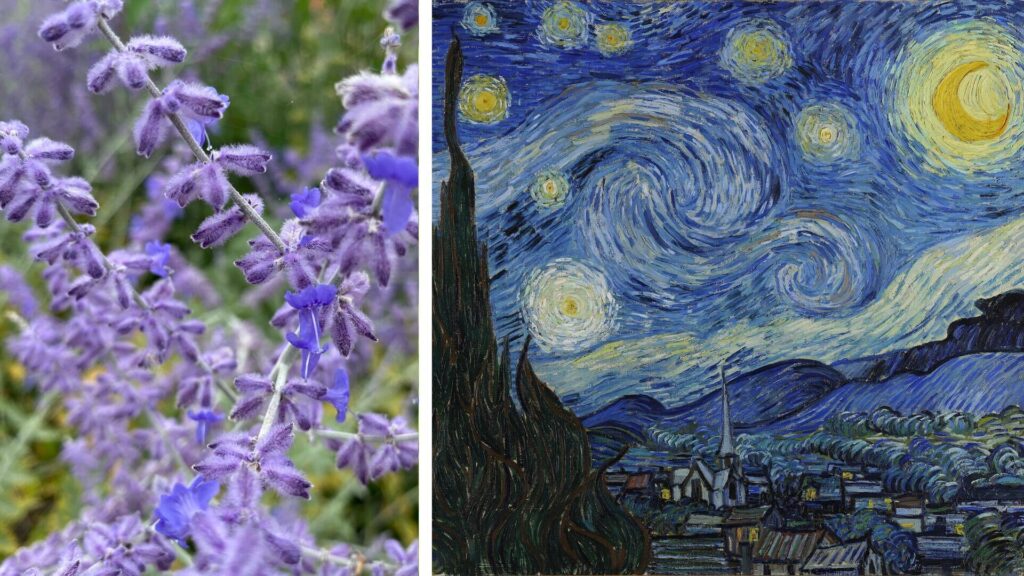
Six years ago I invited readers of Charlotte Mason’s poetry to consider and reflect on a small set of poems I selected for Lent. I shared my own reflections on a poem each week. Now in our journey through the sixth volume of Mason’s poetry, we have reached her piece entitled “Restlessness.” Here’s how I described it those years ago:
The haunting way this poem brings out the feeling of restlessness is made all the more powerful to me by how clearly it rings true in my experience. “We wake in the night watches, And fear and shame wake too”—what a sad state when one awakens in the dark and feels palpable fear and shame in that same darkness? One fear, two fears are tolerable. But “A thousand little fears”? Of course we then shake like the leaves of an aspen tree. So many fears we could never control them. Indeed nothing under the sun could answer us.
And yet this poem indicates that amidst fear and shame, there is a place of peace. But not just any kind of peace. The final image of the poem—that of a child falling asleep—gives me a pang each time I read it. Could such peace be possible for me? Really?
As I read my words from six years ago, the questions still resonate with me. But again and again I have been pointed to the answer Mason provided. After all, it is the answer Jesus provided. “Assuredly, I say to you, unless you are converted and become as little children, you will by no means enter the kingdom of heaven.” Can I have the faith and trust of a child? Poems like this one from Miss Mason point the way. Read or hear it here.
@artmiddlekauff